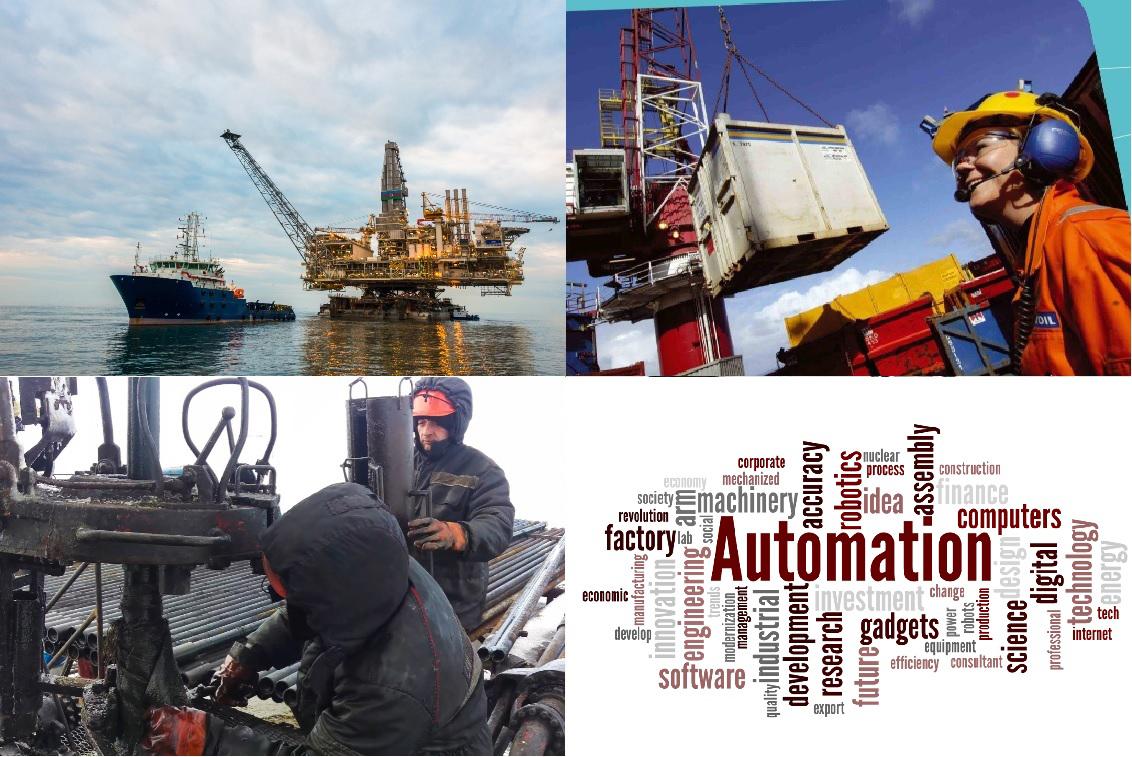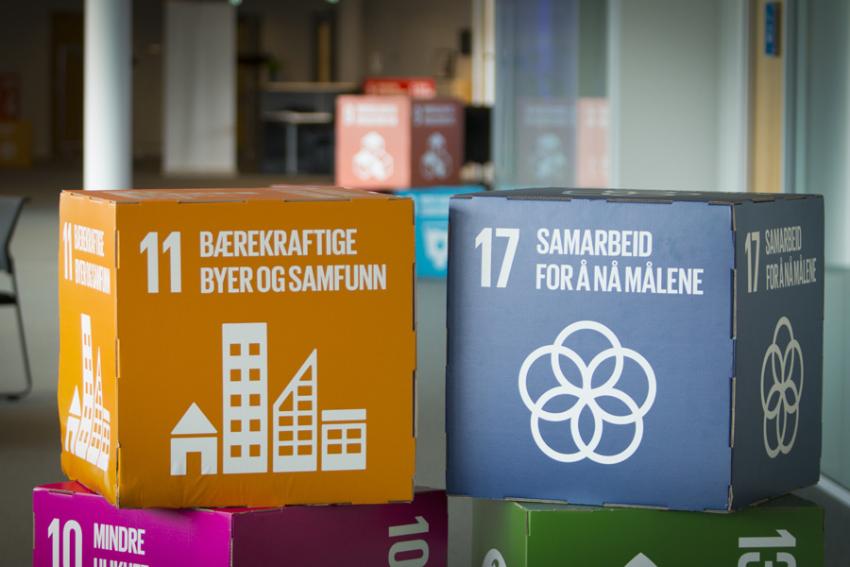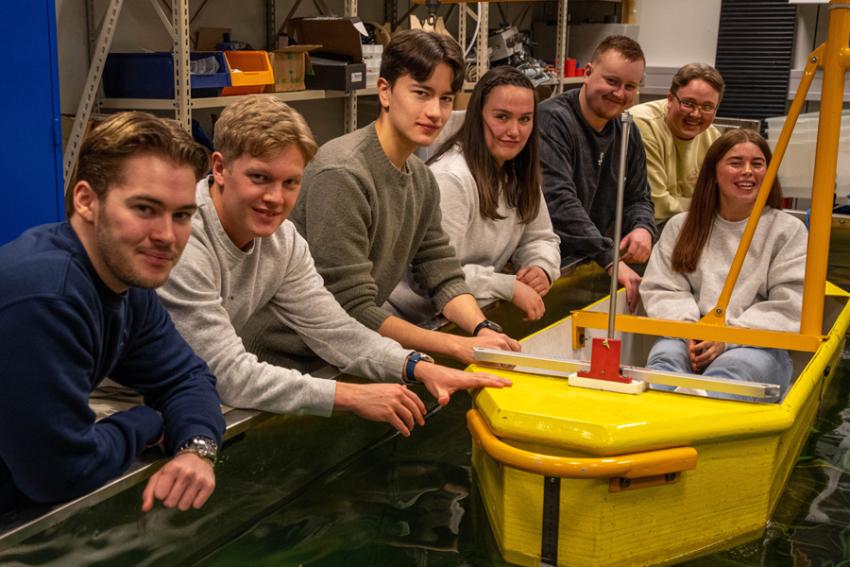Study land-based and offshore operations in harsh environments with this international master’s program. Gain deep insight into technical, operational, and safety challenges through teamwork, projects, and lectures. Specialize in risk and reliability, automation, or nautical science, and master tools and techniques essential for modern industry.
Bachelor’s degree in engineering (180 credits), or other relevant technological degree on Bachelor level.
The bachelor’s degree must contain minimum 25 credits mathematics, 5 credits statistics and 7.5 credits in physics. Some of the courses in the bachelor program have a certain amount of statistics included and can be accepted.
Relevant field of study may be automation, process and gas technology, nautical science, mechanical, processing, safety, civil engineering. Other fields of study may be considered upon individual assessment.
Applicants must have a minimum grade average comparable to a Norwegian C (2.5) in the ECTS scale, see the UiT webpage for International admissions for more information on how the point average is calculated.
Applicants with education from non-Nordic countries must document English language proficiency. You will find more information on English language requirements on the UiT webpage for International admissions.
Admission capacity:
5 places
Applicants from Norway or Nordic countries:
Her finner du all informasjon knyttet til søking og opptak.
Applicants within EU/EEA/Switzerland:
You will find more information about admission for EU/EAA applicants here.
Applicants outside EU/EEA/Switzerland and the Nordic countries:
- Non-EU students must be prepared to pay tuition fees.
- You will find more information about admission for Non-EU/EEA applicants here
- Nordic applicants: 4021
- EU / EEA / Switzerland applicants: 7105
- Non-EU/EAA applicants: 2037
Program description
The master programme provides knowledge in technology and safety for students from diverse backgrounds. It offers education in the application of multidisciplinary technologies to address engineering and societal challenges, particularly those related to safety." During the master programme, students have the opportunity to focus their study in various engineering topics such as ocean technology, sustainable technology, drone technology and other specialization areas.
Learning outcomes
Knowledge:
The candidate
- has a solid basis in engineering in general and advanced level of knowledge in technology.
- gains a comprehensive but deep understanding of engineering technologies from a multidisciplinary perspective.
- has thorough knowledge in technical safety methods, and good understanding of the operation and engineering issues related to safety.
- has advanced knowledge about scientific theory and methods of engineering, engineering challenges, and solutions related to industrial activities.
- can analyze safety-related or other industrial problems in the use of multidisciplinary technologies.
Skills:
The candidate
- can analyze and deal critically with safety and technology issue and apply them to solve engineering problems.
- can analyze data and propose mitigation strategies for safety threats.
- can independently utilize mathematical methods and simulation techniques related to industrial activities.
- can quantitatively and qualitatively analyze engineering data.
- can carry out an independent, limited research or development project under supervision and in accordance with applicable norms for research ethics.
General competence:
The candidate
- has an overview of multiple engineering technologies and safety-related issues with solid theoretical understanding.
- can analyze safety problems through multidisciplinary approach.
- can apply their knowledge and skills in new areas to carry out advanced assignments and projects.
- can present independent work clearly and use academic language and terminology of technology and safety.
- can communicate about technical issues, analysis results and conclusions in the technology and safety, both with specialists and the general public.
- can contribute to new thinking and innovation processes.
Job prospectives
Technological skills are highly appreciated by the industry. With a M.Sc. degree in Technology and safety, you will have excellent job opportunities in various industries such as oil and gas industry, maritime industry and public administration. Our graduated students work with the development of new technical solutions in engineering companies. They are responsible for the supervision of different kinds of industrial facilities, including modifications, maintenance and operations. Engineering is a global business, and you may have an international career. Research and education may be an option, or pursuing your study on Ph.D. level.
Degree Name
Master of Science in Technology and SafetyRelated professions
Study plan
Language of instruction
The language of instruction and all syllabus material is English.
Teaching and assessment
The program is a 2 years, 120 credits, full-time study at the Department of Technology and Safety.
The study program uses a variety of teaching methods, and includes lectures, projects, student presentations, teamwork and mandatory assignments. These methods will help students to take an active role in the learning process by writing tasks and project reports in order to achieve the total learning outcome of the study program. It is emphasized that learning activities will contribute to professional development of students and their skills for collaboration, communication and practical problem solving through working in groups. The study program provides knowledge about scientific theories and methods, and the project paper and master thesis are designed for individual research work.
Lectures are organized either as blocks or regularly, on a weekly basis. In some courses, seminars may be arranged. Some courses may include compulsory lectures, exercises, excursion and approval of exercises/fieldwork or semester reports. This will be stated in the course descriptions.
Assessment methods will vary between written exam, home exam, group assignments, project submission and oral exam. In some cases, the assessment will be a combination of different assessment methods. For a more detailed description of the assessment forms, see subject descriptions.
Students are encouraged to participate in exchange programmes abroad, and the Department offers assistance for students who will participate in exchange programmes. High North universities are of special interest. For each application, an individual assessment will be carried out by the Head of Studies.





